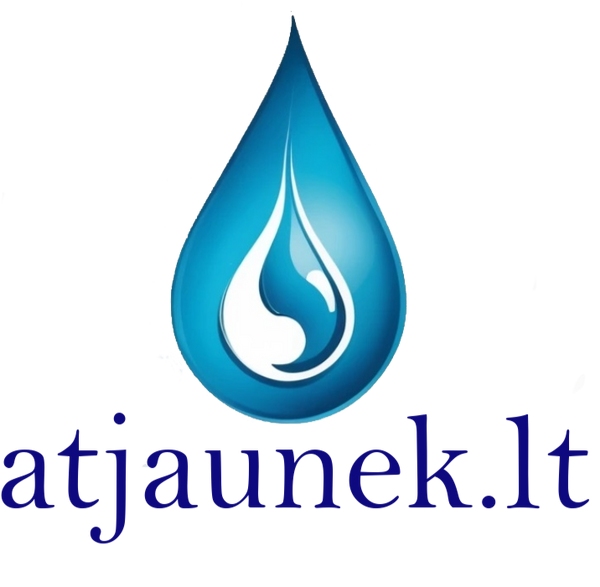The Best Skincare Routine for Dry Skin: Science-Backed Tips for Hydration and Youthfulness
Dry skin can feel tight, rough, and sometimes even irritated. Without proper care, it may become more prone to premature aging, fine lines, and a weakened skin barrier. But what does science say about the best way to care for dry skin? Let’s explore proven and presumed benefits of various skincare elements and how they contribute to maintaining youthful, healthy skin.
1. Proven Skincare Elements for Dry Skin
A. Hyaluronic Acid – A Hydration Powerhouse
Hyaluronic acid (HA) is one of the most well-researched ingredients for dry skin. It can hold up to 1,000 times its weight in water, making it an essential component of a moisturizing routine.
B. Ceramides – Restoring the Skin Barrier
Ceramides are lipids that naturally occur in the skin and help maintain a strong barrier. Research suggests that using ceramide-containing products can significantly improve skin hydration and reduce irritation in people with dry or sensitive skin.
C. Glycerin – A Trusted Humectant
Glycerin draws moisture from the environment into the skin, preventing dehydration. Studies confirm its effectiveness in improving skin moisture and maintaining hydration for extended periods.
D. Occlusives – Sealing in Moisture
Ingredients like petrolatum and shea butter act as occlusives, preventing water loss. Research indicates that petrolatum can reduce transepidermal water loss (TEWL) by up to 98%, making it one of the most effective moisturizers for dry skin.
E. Niacinamide – Strengthening the Skin’s Defense
Niacinamide (vitamin B3) has been shown to improve skin hydration, enhance barrier function, and reduce inflammation, making it an excellent addition to a skincare routine for dry skin.
2. Presumed But Not Yet Proven Benefits
A. Collagen Supplements – Do They Really Work?
Many claim that ingesting collagen can improve skin hydration and elasticity. While some studies suggest potential benefits, more high-quality research is needed to confirm collagen’s effectiveness for skin hydration.
B. Facial Oils – Hydration vs. Barrier Support
While oils like argan, jojoba, and rosehip are often used for dry skin, they mainly function as occlusives or emollients rather than true hydrators. While they help prevent moisture loss, they do not directly add hydration the way humectants like hyaluronic acid do.
C. Drinking More Water – Does It Improve Skin Hydration?
Though hydration is vital for overall health, studies show that simply drinking more water does not dramatically improve skin moisture unless a person is already dehydrated. A well-structured skincare routine is more effective in directly improving skin hydration.
3. How Proper Skincare Helps Maintain Youthfulness and Longevity
A well-maintained skincare routine does more than just alleviate dryness; it can actively slow signs of aging and support long-term skin health. Here’s how:
- Preventing Fine Lines & Wrinkles: Hydrated skin maintains its elasticity better, reducing the appearance of fine lines.
- Reducing Inflammation: Dry skin can lead to chronic inflammation, which accelerates skin aging. Using anti-inflammatory ingredients like niacinamide and ceramides helps counteract this.
- Protecting Against Environmental Stressors: A strong skin barrier defends against pollution, UV damage, and other environmental factors linked to premature aging.
4. Science-Backed Skincare Routine for Dry Skin
Morning Routine:
- Gentle Hydrating Cleanser – Avoid harsh soaps that strip natural oils.
- Hydrating Toner (Optional) – Contains HA or glycerin to boost moisture.
- Serum with Hyaluronic Acid & Niacinamide – Improves hydration and strengthens the barrier.
- Moisturizer with Ceramides & Glycerin – Seals in moisture.
- Sunscreen (SPF 30+ with Hydrating Ingredients) – Prevents moisture loss from sun exposure.
Night Routine:
- Hydrating Cleanser – Removes dirt and makeup without stripping moisture.
- Moisturizing Serum – Contains HA and possibly peptides for added repair.
- Rich Moisturizer or Facial Oil – Locks in hydration overnight.
- Occlusive Balm (if needed) – Seals in moisture for extra dry areas.
Final Thoughts
A strategic skincare routine tailored for dry skin is essential for maintaining hydration, preventing premature aging, and keeping the skin barrier strong. While ingredients like hyaluronic acid, ceramides, and glycerin are scientifically proven to help, others—such as collagen supplements—require further research. The key is consistency and choosing the right ingredients to nourish and protect the skin for the long term.
References:
- Sodium hyaluronate and skin hydration study, Journal of Cosmetic Dermatology, 2021.
- The effect of topical hyaluronic acid on wrinkles, Dermatology Research, 2018.
- The role of ceramides in maintaining skin barrier function, Skin Pharmacology and Physiology, 2019.
- Glycerin’s effectiveness in improving skin hydration, International Journal of Cosmetic Science, 2017.
- Occlusive properties of petrolatum and TEWL reduction, British Journal of Dermatology, 2016.
- Niacinamide’s role in hydration and barrier support, Experimental Dermatology, 2020.
- Collagen supplementation and skin hydration: A review, Journal of Clinical Nutrition, 2022.
- Effects of plant oils on skin hydration, International Journal of Molecular Sciences, 2018.
- Water intake and its effect on skin hydration, Clinical Dermatology, 2021.
- Hydration and wrinkle reduction, Journal of Aging Research, 2019.
- Chronic inflammation and skin aging, Dermatological Science Review, 2020.
- Environmental stressors and skin barrier function, Journal of Investigative Dermatology, 2021.

